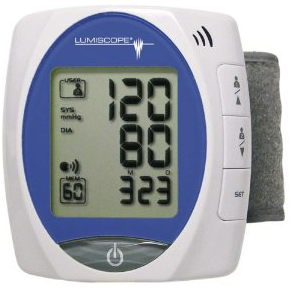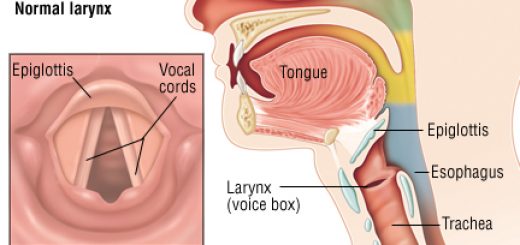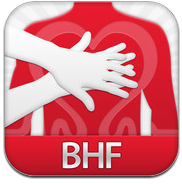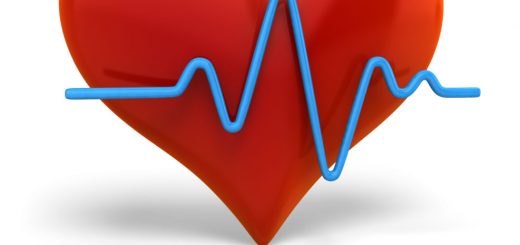What factors can affect blood pressure?
Blood pressure is defined as the pressure exerted by circulating blood on the walls of the arteries and is highest in the large arteries leaving the heart. It is measured in millimetres of mercury – mmHg.
Some first aiders may be trained to measure blood pressure using manual or electronic machines.
Blood pressure varies throughout the day. Systolic pressure is the pressure in the arterial system caused by the left ventricle contracting and pushing blood into the circulation. If a pulse is detected at the wrist (radial site), the blood pressure is ‘adequate’ to maintain an effective circulation. Diastolic pressure should be <90mmHg and in healthy people it is around 80mmHg. The diastolic pressure is the pressure in the arteries when the heart is resting between contractions.
Blood pressure is recorded as systolic/diastolic – for example 120/80 mmHg
Factors affecting blood pressure
Blood pressure is determined by a number of factors:
- Cardiac output
- Blood volume in the circulation
- Elasticity of the arteries
- Internal damage to the walls leading to narrowing of the arteries (atherosclerosis)
- Efficiency of other organs in particular the kidneys
- Hormonal activity – especially in pregnancy
Low blood pressure (hypotension)
When the systolic blood pressure falls below 90mmHg this is called hypotension. All types of shock reduce blood pressure. If the amount of blood circulating is reduced by haemorrhage or fluid loss the blood pressure will fall. Acute heart failure can also cause low blood pressure because the heart does not pump effectively, this is known as cardiogenic shock.
High blood pressure (hypertension)
The World Health Organisation (WHO) definition of high blood pressure is “Greater than 140mmHg systolic pressure and greater than 90mmHg diastolic pressure”. Hypertension is a serious risk factor for ischaemic heart disease (IHD) and stroke. It is usually symptomless until it is found during routine screening or causes organ damage. Occasionally it presents with headache or visual disturbance. d.







First aid course is great since I trained I changed my life